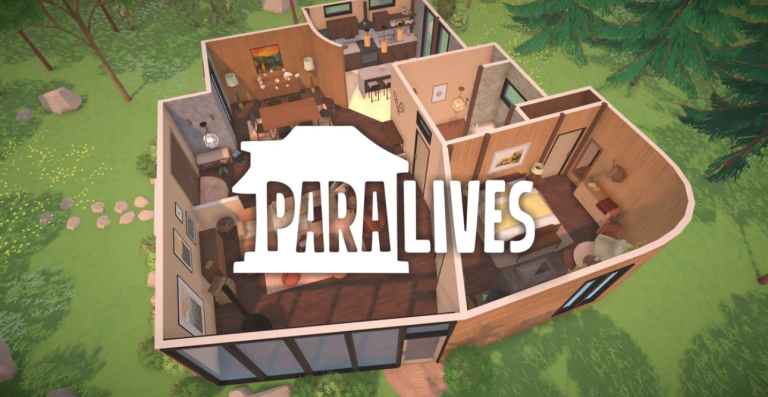
I still remember the first time I truly felt the thrill of sneaking. I was a kid playing hide-and-seek in the alleyways near my grandmother’s house. That feeling of holding my breath, listening to footsteps nearby, and praying not to get caught—it wasn’t just a game, it was a mission. And somehow, Assassin’s Creed Mirage brought all that back.
They say Mirage is a return to the roots of the franchise, and they’re not wrong. There are no sprawling empires to conquer or over-the-top sci-fi mechanics here. Instead, it’s all about the shadows of Baghdad, where every rooftop becomes a choice, and every alleyway hides danger. It’s a quieter, more focused story—and honestly, it works.
Wandering through the streets of ninth-century Baghdad, I sometimes forgot I was in a game. The world feels alive in that subtle, almost unnerving way. People react to you. They whisper, shout, flee. Once, when I messed up a stealth kill, I ended up tumbling into a public bathhouse. The NPCs screamed and ran while I tried to climb out, soaked and exposed. I couldn’t stop laughing. It’s those kinds of little moments that make Mirage feel more personal than polished.
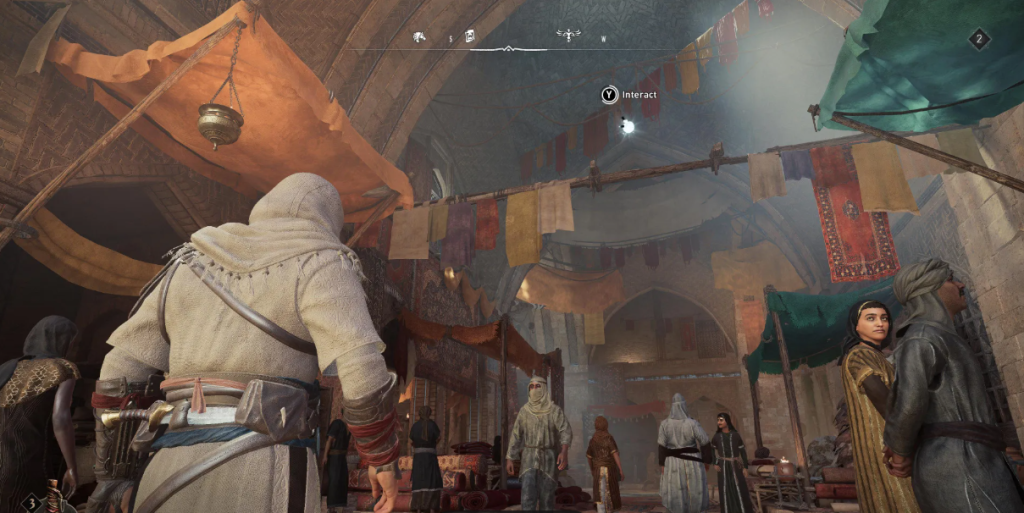
Combat-wise, this isn’t the flashy, loot-happy power fantasy from Odyssey. This is tighter, more intimate. You have to parry, counter, and plan. When I pulled off my first chain assassination, taking down three guards in one breathless moment, I leaned back in my chair, satisfied in a way that only the best stealth games can make you feel. It reminded me a bit of Splinter Cell—tense, calculated, elegant.
Now, not everything is perfect. My friend Ajun complained that the game’s too short—he finished the main story in just over twenty hours. But for me, that was a feature, not a flaw. Who among us still has the time to grind through 100-hour open-world epics every week? Mirage fits neatly into a weekend or two. It’s like brewing a proper cup of tea: not instant, but not an ordeal either. Just enough to leave you satisfied, not burned out.
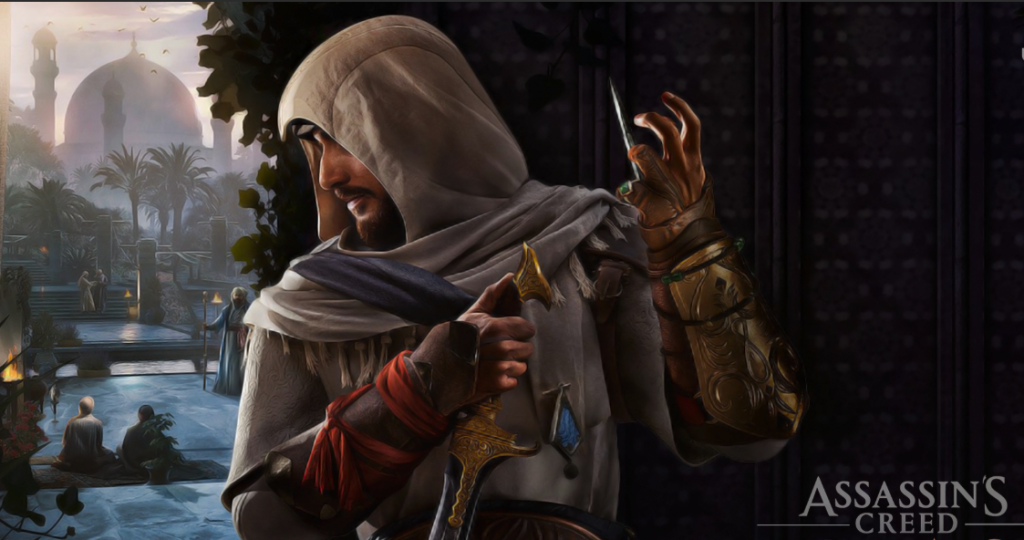
I had doubts about Basim as a main character. In Valhalla, he came off as mysterious and borderline smug. But here, you see him evolve. He’s not a born assassin—he’s a reckless young man caught in something bigger than himself. His arc is messy, human. It reminded me of an old college roommate who went from flunking every class to acing grad school. People change. Sometimes pain shapes them.
Technically, Mirage runs smoothly—at least on my PS5. Fast loads, steady framerate, no major hiccups. Some PC players reported bugs early on, like getting stuck in walls or missions not triggering, but most of that seems patched now. Compared to the chaos of Unity’s launch back in the day, this is practically serene.
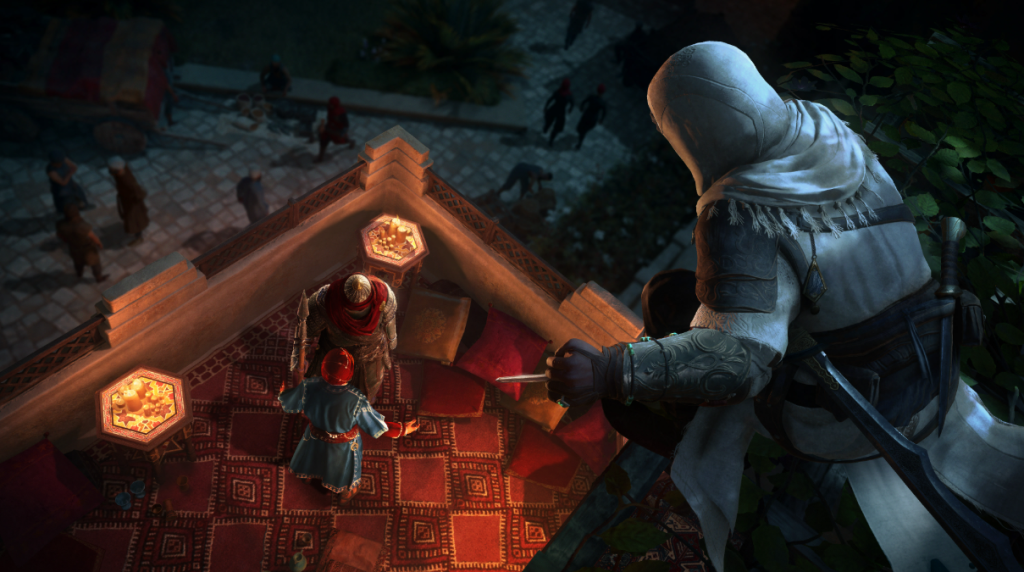
What truly stuck with me, though, was a turning point in Basim’s story. A reveal that flips everything. That moment where the world he believes in begins to unravel—yeah, I felt that. I turned off the game, stared out the window, and found myself thinking about The Matrix. Not because of any sci-fi connection, but because of that same disorienting realization: “What if everything you thought was true… wasn’t?”
Even my brother-in-law, who only plays FIFA and Call of Duty, got hooked. At first, he scoffed, said it was too slow. Three days later, he texted: “This assassin game is fire. I keep hugging the walls in my apartment.” I told him to try climbing the balcony—see if security shows up.
So, what makes a great game in 2025? Is it cutting-edge graphics, a massive map, a battle pass? Or is it something smaller, quieter—a game that tells a complete story, gives you a world to disappear into, and then gently sets you back down?
Assassin’s Creed Mirage isn’t the kind of game you’ll play forever. But for a moment, it pulls you into another time, another city, another life. It’s not here to impress. It’s here to immerse.
And sometimes, that’s exactly what we need.
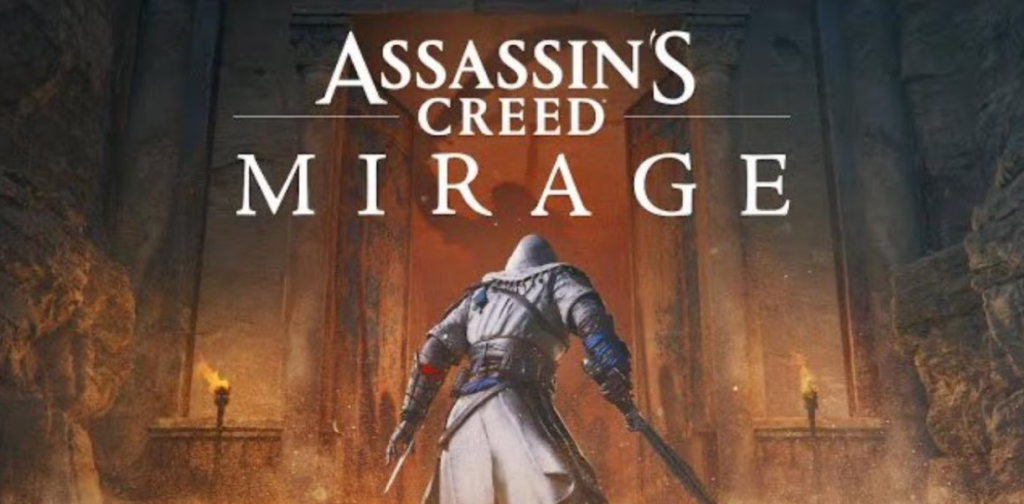
![]()


